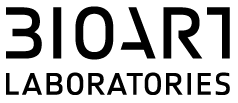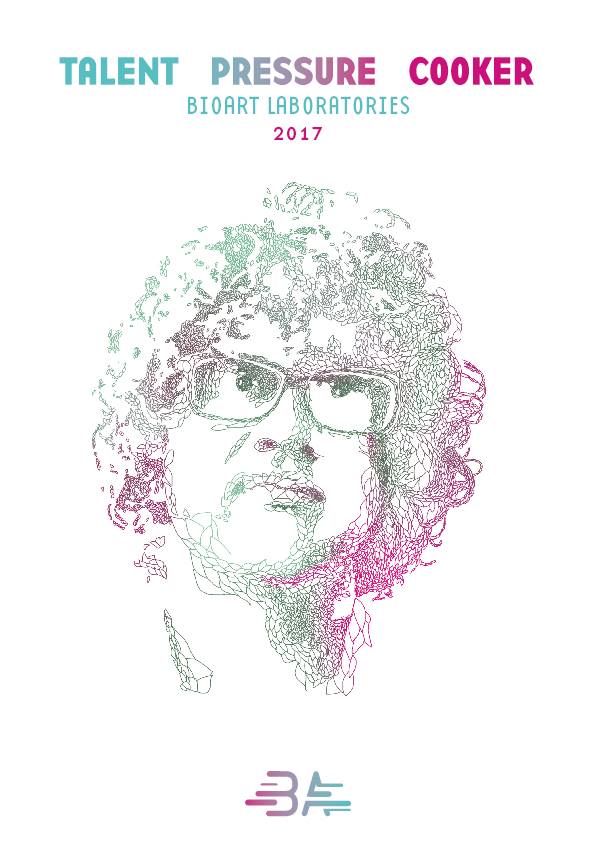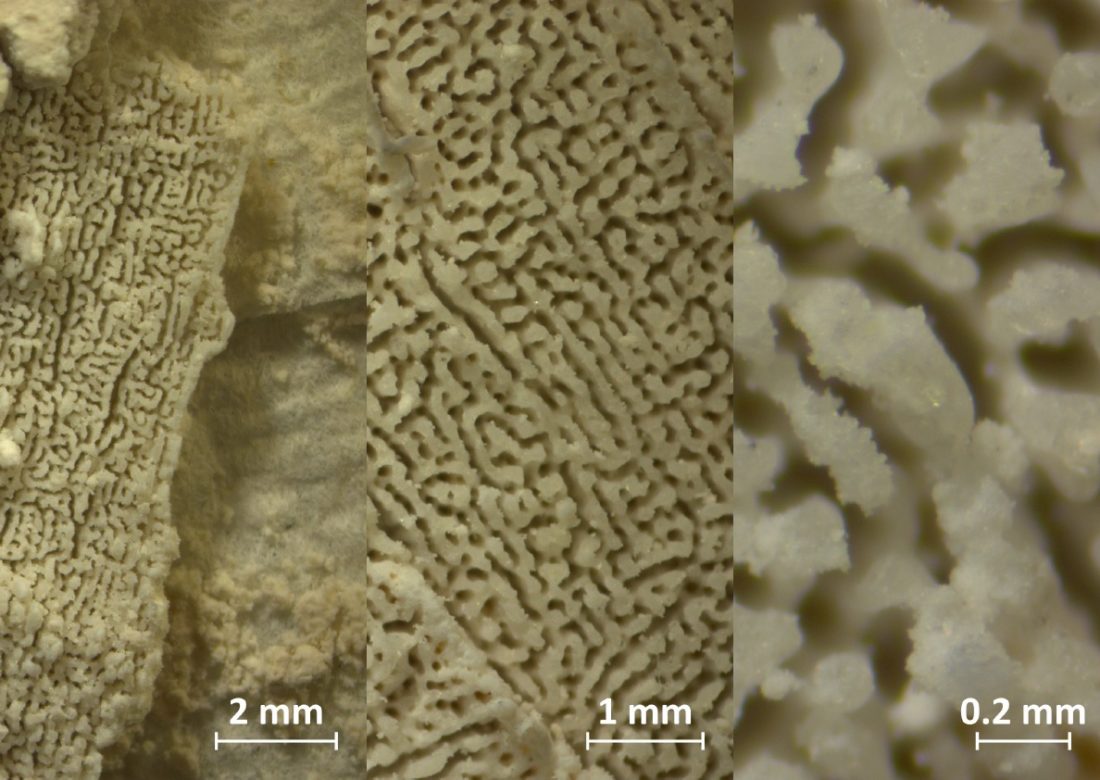Ahlad Reddy
Ahlad Reddy is a designer and engineer based between San Francisco and London. Much of his work focuses on relationships between humans and nature. One aspect looks at the importance of biophilia in the design of indoor, urban, and extraterrestrial spaces and systems, especially in a period of time when humans are congregating in megacities and natural environments are deteriorating. Another side delves deeper into synthetic biology and how design of biological systems on a micro scale can influence society in a macro scale, particularly in regards to the environment and medicine. His work challenges us to consider new perspectives on nature and biology, and their role in technology and design.
Global warming is one of the greatest threats facing humanity. Current technological developments focus on creating processes that lower carbon emissions or have zero carbon emissions, but our atmosphere is already at a point where the amount of carbon will cause significant damage to our environment, even if carbon production stopped right now. Wouldn’t it be great to know that your cup of coffee could reverse climate change? Meet Atmosware.
Atmosware looks at how we can create value from processes that actively absorb greenhouse gases, thus reversing climate change. In this project, fossilized remains of photosynthetic plankton called diatoms, are used to make classical and 3D printed ceramic objects. Diatoms have a cell wall made of silica and by exposing the plankton to heat and energy, the silica can be fused together to create a new style of earthenware. As part of a larger system, diatoms can be grown and harvested in a bioreactor, simply providing sunlight, carbon dioxide, and a silica source. This process absorbs carbon dioxide from the atmosphere through photosynthesis, demonstrating a vision that the way we make and craft things can have a direct positive impact on the environment.
Country
Indonesia
Exhibition
Lost in Transformation
Date
October 21, 2017
Category
2017





